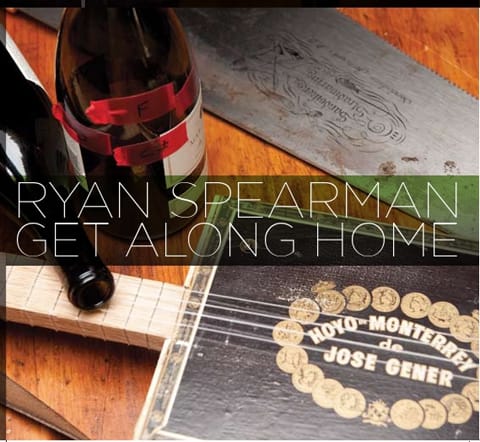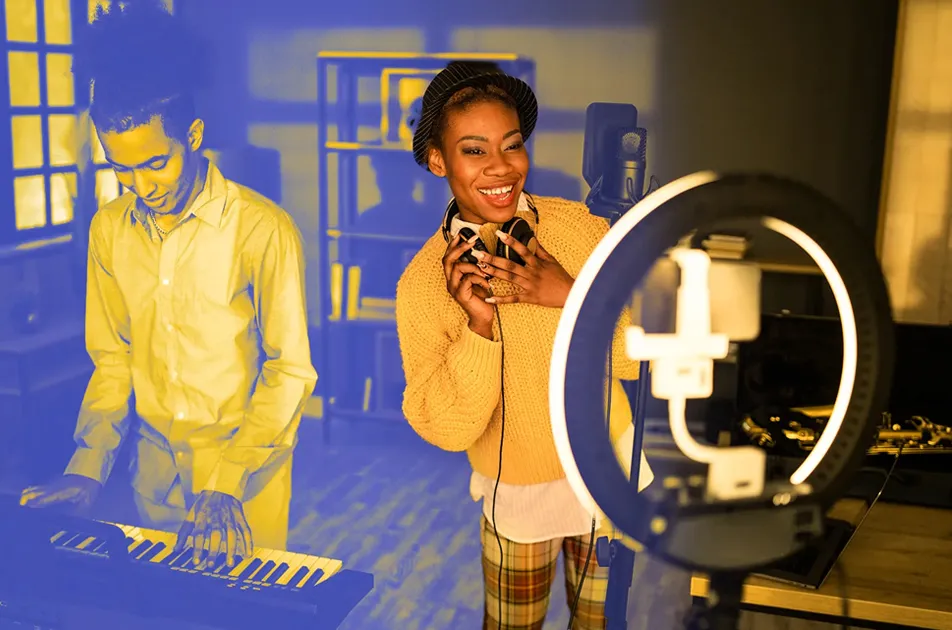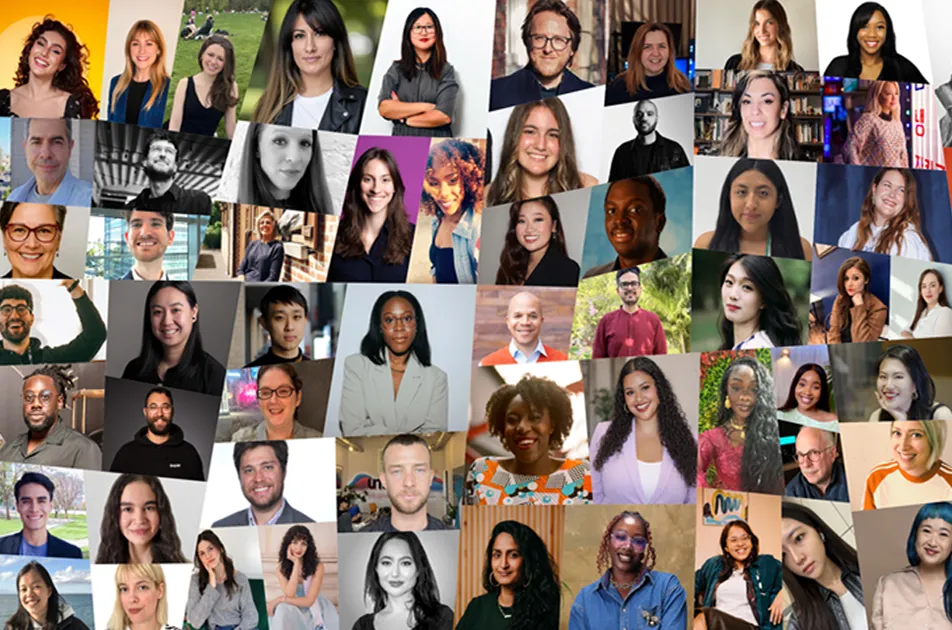
Ryan Spearman
is an accomplished folk musician based in St. Louis, MO. He's also a
big advocate of sustainability and the green movement. He recently
contacted me to share a success story.
"In an effort to blend more of my 'non-musical' self into my music career and at the same time create a 'story' for the media to latch onto (both ideas inspired by your podcast and books), I came up with the idea to make an album that was as local and as 'green' as possible," Ryan said.
He decided that all the instruments used on the album would be made of
recycled and re-purposed material and/or made by St. Louis luthiers. All
the mixing, mastering, and manufacturing would also be done locally.
All the songs would be written by Ryan and his wife, Kelly, who is also a
folk singer-songwriter. And the final product would be packaged as
eco-friendly as possible.
"I also enlisted two local luthiers — one lent me the cigar box fiddle
he built and another lent me his most recent parlor guitar built out of
Missouri Black Walnut," Ryan explained. "I also collected junk and built
the rest of the instruments in my basement using a lot of faith,
guesswork, and YouTube videos."
Ryan set up a 30-day Kickstarter campaign to raise $2,500 for the album project,
which was called "Get Along Home." He ended up raising $3,700. "Through
the Kickstarter campaign I met many like-minded people, with whom I
later collaborated. And I got an offer from a radio show host in
Brooklyn to do a phone interview that would feature my project."
By having a clear focus and purpose for this album, it attracted a lot
more attention than most of his previous releases. The results far
surpassed Ryan's expectations. Here are just some of the results he got:
- The president of the St. Louis Regional Chamber and Growth
Association offered to donate to the album project in exchange for Ryan
and Kelly writing a theme song for the RCGA's St. Louis Green Business
Challenge. They did and also performed live at the event's kick-off
meeting. - KETC (the local PBS affiliate in St. Louis) became interested in the
project and wanted to incorporate the green ideas into its programming. - Whole Foods hired Ryan's Green Strum Band to perform at the store.
- The Earthways Center hired them for their Green Homes Festival.
- The Clean Air Initiative found out about the project and hired them for its festival.
- Washington University hired Ryan's band for a couple of eco-events. So did Florissant Valley Community College.
- The University of Wyoming in Laramie commissioned a display of the
Green Strum instruments in its art gallery. At the end of the three-week
display, Ryan and Kelly spoke there on a sustainability panel followed
by a performance.

With all the attention generated by the project, Ryan reported, "Kelly and I officially formed the Green Strum Project to expand the idea into an organization dedicated to 'exploring connections between sustainability and the arts in St. Louis.'"
He continues, "We partnered with Earth Day St. Louis and are a major
part of their annual festival, Kelly was on Channel 2, we were both on
the local NPR station, I was on an NPR affiilate in Arkansas, and I was
presented a Mission Award from Earthdance Farms — a local nonprofit
focused on farming, local economy, and art."
Ryan wrapped up by saying, "Putting more of ourselves into the art and creating a 'hook' for media folks to grab onto was a total success formula!"
And that's the main idea I want you to take away from this case study.
The point isn't that you need to create a green album project — althought that may be a good hook for you too. The
primary concept here is to take some aspect of yourself (that other
people are interested in) and incorporate it into your next album or
event.
That aspect can be one of your favorite hobbies or passions or causes
that you support. Ideally, that aspect should also carry the potential
to attract organizations, venues, media outlets, websites, and more. Is there an existing base of people interested in the topic that you can easily reach?

Thanks to Ryan for letting us know how he took a simple idea and put it to good use. Do you have a success story to share? Contact me to let me know. Maybe I'll report on your results in a future post!
Bob Baker is the author of three books in the “Guerrilla Music Marketing”
series, along with many other books and promotion resources for DIY artists, managers and music biz pros. You’ll find Bob’s free ezine, blog, podcast, video clips, and articles at www.TheBuzzFactor.com and www.MusicPromotionBlog.com.
Related articles






